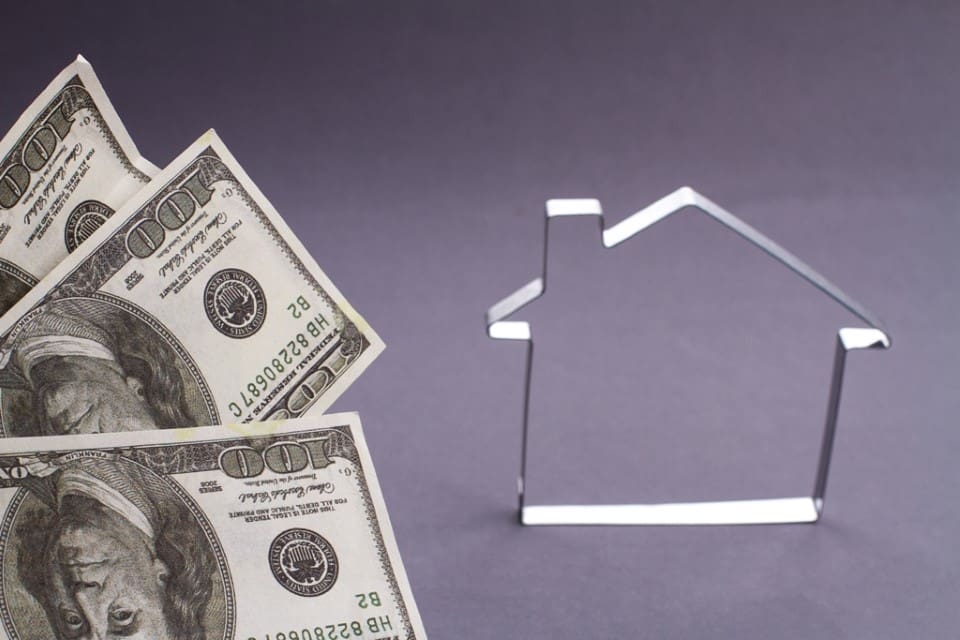Investing in real estate can be a lucrative way to build wealth, but not every property is a good investment. Knowing how to identify a good investment property is crucial to ensuring long-term returns and minimizing risks. Investors must assess factors such as location, market trends, property condition, and financial potential before making a purchase. This guide will walk you through the key elements to consider when evaluating whether a property is a good investment. By the end, you’ll have the knowledge to make informed decisions and maximize your real estate portfolio.
Location: The Cornerstone of a Profitable Investment
The location of a property is often the most important factor when determining its investment potential. Properties in areas with strong job growth, good schools, and easy access to amenities like public transportation and shopping tend to appreciate over time. Look for neighborhoods with rising property values, and pay attention to future developments that could impact the area positively or negatively. Avoid properties in areas with high crime rates or declining populations, as these are red flags for potential depreciation. Remember, you can change a property, but you can’t change its location.
Evaluating Market Trends and Property Demand

Understanding market trends is essential when selecting a good investment property. Analyze both historical and current market data to identify areas with consistent growth in property values. Properties in high-demand locations tend to offer better long-term returns, especially if the area is experiencing population growth or economic development. Pay attention to vacancy rates in rental properties, as high vacancies may indicate oversupply or weak demand. Ensure that you’re investing in a market where there is a stable or increasing demand for housing, as this will affect your rental income and resale value.
Assessing Property Condition and Maintenance Costs
The physical condition of the property is another critical factor to consider. Properties that require significant repairs or upgrades can quickly become money pits, eating into your profits. During your property inspection, assess the age and condition of key components like the roof, plumbing, and electrical systems. Consider the cost of potential repairs and ongoing maintenance when calculating your expected returns. While some investors seek out fixer-uppers for higher potential gains, make sure you understand the costs involved and have the budget to cover them.
Financial Metrics to Consider: Cash Flow and ROI

Successful real estate investments hinge on understanding the financials. Start by calculating the property’s cash flow—this is the rental income minus operating expenses like property management, taxes, and maintenance. Positive cash flow indicates that the property generates more income than it costs to maintain. Another key metric is Return on Investment (ROI), which helps you assess how much profit you’ll make compared to your investment. A good investment property should offer a solid ROI and steady cash flow, ensuring that you’re making a wise financial decision that will pay off over time.
Long-Term Potential: Future Value and Exit Strategy
When choosing an investment property, consider not only its current value but also its long-term potential. Will the property appreciate in value over time, and is there room for rent increases? Developments in the surrounding area, such as new infrastructure or commercial projects, can positively impact property values. Additionally, it’s essential to have a clear exit strategy. Whether you plan to sell the property after a few years or hold onto it as a long-term rental, having a strategy in place will help you maximize your profits when the time comes to sell or cash out.
#RealEstateInvestment #PropertyInvestment #InvestmentTips #RealEstateTips #CashFlow #FinancialFreedom #SmartInvesting #PassiveIncome #ROI

